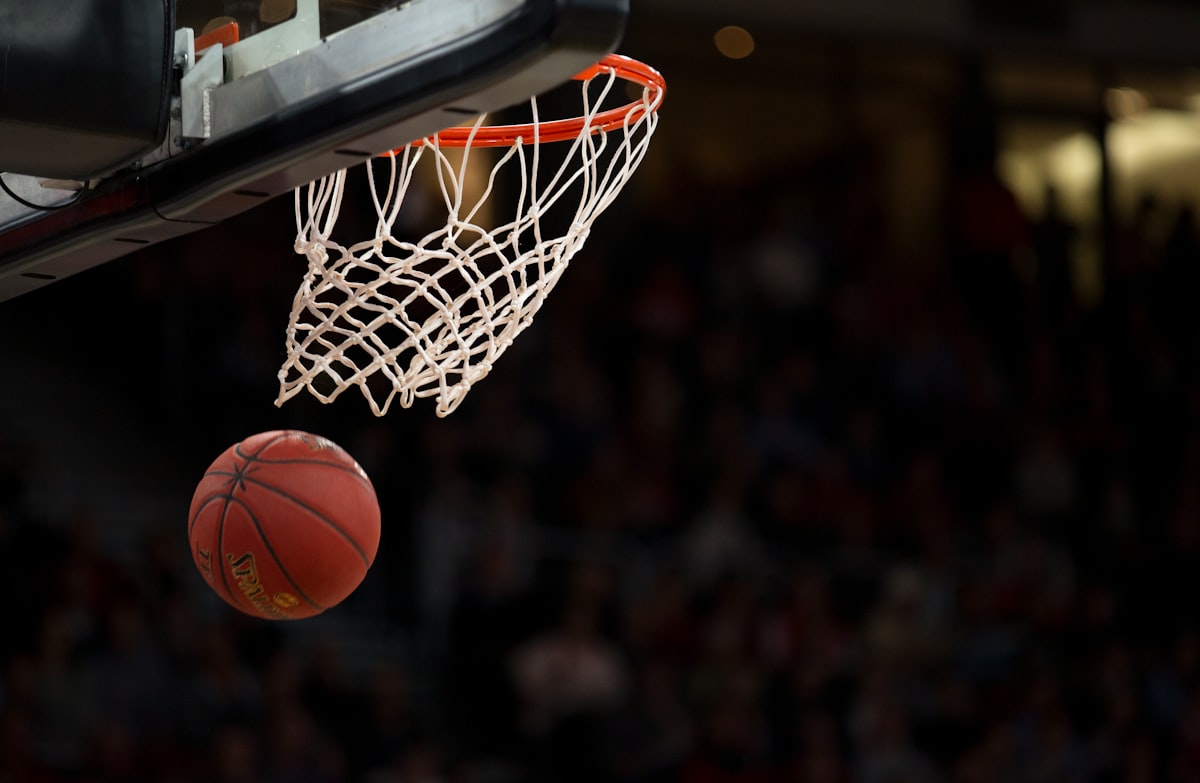Breakfast Notes #18 (Dialogue, Mars, Museums, Basketball)

Good morning everyone.
Today, my first op-ed was published in Straits Times.
Sadly, it is behind a paywall. If you would like a version of the article, please let me know.
This op-ed was an optimistic vision I painted for my fellow Yale-NUS college graduates and myself for what the new NUS College could mean for us.
The Purpose of Dialogue
Twenty-two years after the turn of the Millenium, the promise of a global village was nothing more than a mirage. It seems that across the globe, we are getting more polarized.
Severe polarization damages all institutions essential to democracy. Could it be that the age of rapid connectivity has eroded our skill for dialogue?
The legendary theoretical physicist David Bohm noted the difference between a dialogue and a debate or discussion, highlighting that the latter two suggest reaching an end goal.
The purpose, as Bohm posits, is to suspend one's opinion and actively engage in listening as a way to understand the perspectives of others. As a result, we do not get endlessly ferocious arguments but a shared meaning amongst participants.
Put differently; dialogue should not help us reach the middle ground but should help us break new ground.
Sound On Mars
In 2050, the first humans will finally land on Mars.
What would they say? What would they sound like?
Thanks to the 2020 MARS Mission Perseverance Rover, we get to know what their declarations of victory would sound like. The Perseverance rover carries two microphones, letting us directly record the sounds of Mars for the very first time.
The Martian atmosphere is colder, less dense and much more concentrated in Carbon Dioxide (96% v 0.041%) - our voices would sound muffled and accentuated. It would sound like we were talking through a mask, an experience we are all too intimately familiar with.
The weirdest thing would be that sounds we take for granted, like whistles, bells or bird chirps, would sound almost inaudible on Mars.
You might not land on Mars, but if you want to know what you sound like on Mars, click here!
Visualization Of The Day
Earth's Submarine Fiber Optic Cable Network [OC] from dataisbeautiful
This visualization, is a 3-D map of the world's fibre-optic cable network.
This network transmits telephone signals, internet communications, and television signals.
Anytime people want to deglobalize the world, tell them they have to buy a submarine and yank the cables from the seafloor ok?
Etymology of Museum
The word museum has classical origins that date back to the Greek. The root word is mouseion, which would mean "seat of the Muses".
When artists, thinkers and musicians are immersed in the flow, they are struck by divine inspiration.
Its source? The Muses. The Muses were Greek goddesses of poetic inspiration, song, dance and memory.
As such, it stands to reason that the best museums seek to engage our souls and not just our senses.
The Early Days of Basketball

James Naismith invented basketball in 1891 in Springfield, Massachusetts. The sport was called basketball because they used literal fruit baskets as goals.
Four things I learned from the evolution of basketball.
- Intent matters way less than you think. Naismith invented the game because he wanted to create an indoor sport to keep athletes indoors during winter. Today, it is a multi-billion dollar industry and has become an integral of international sporting culture.
- We are all capable of revolutions. Naismith revolutionized indoor sports and took the first step in crafting America's first true domestic sport. Not bad for a P.E teacher.
- Progress is non-linear. The NBA was an American sport for close to a hundred years. Michael Jordan came along and made the sport international. His superstardom helped turn Nike, a small start-up, into a global empire.
- We decide the rules. The first set of rules did not allow a player to dribble the ball. The player must throw it from the spot on which he catches it, allowance to be made for a player who catches the ball when running at a good speed. However, things got dull quickly as there was no real skill to show off. Dribbling was allowed, and that changed the whole game. Rules are not sacred; they are meant to facilitate our development.
May the sun shine upon your face,
Keith